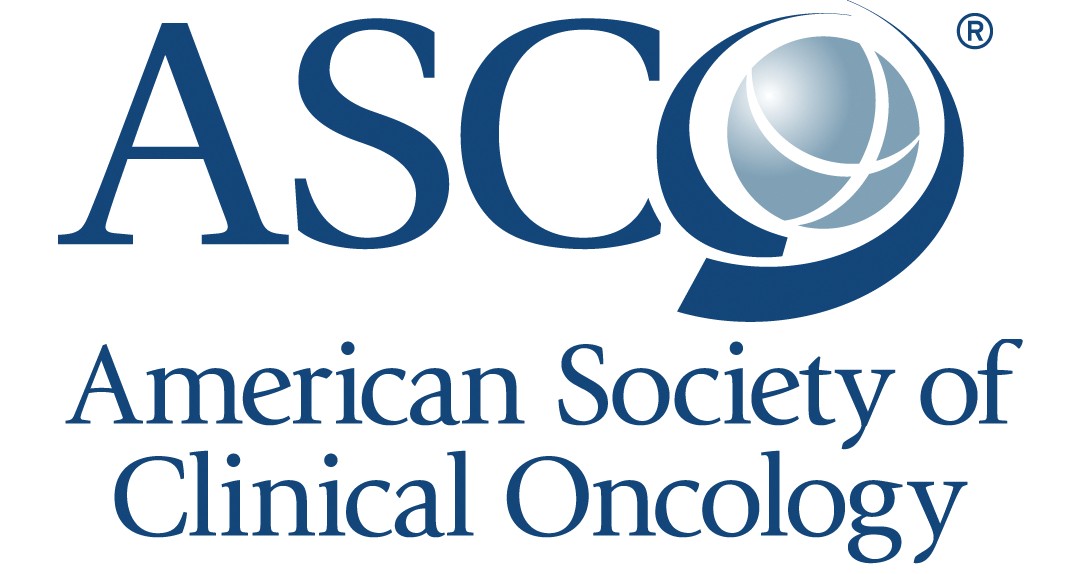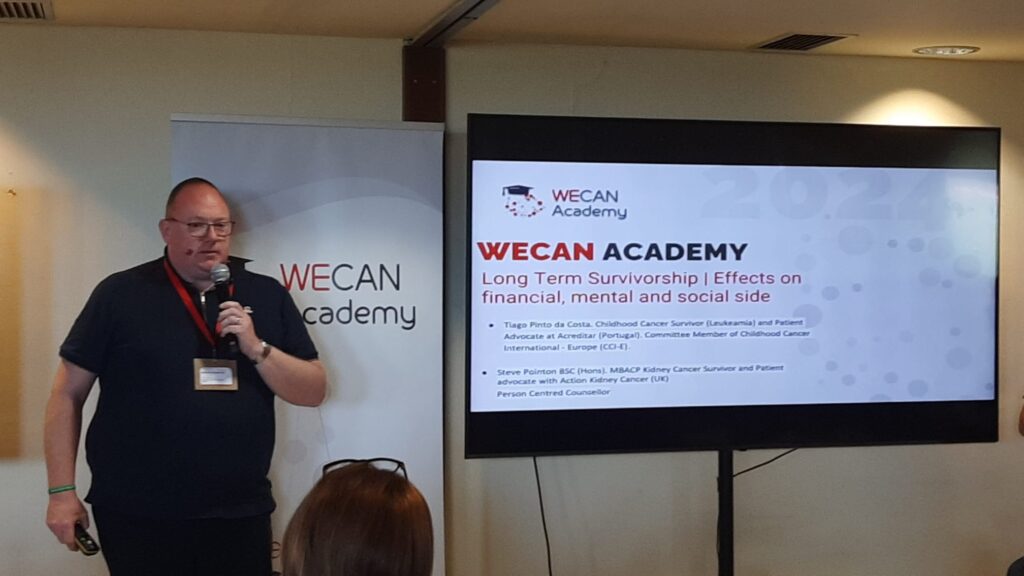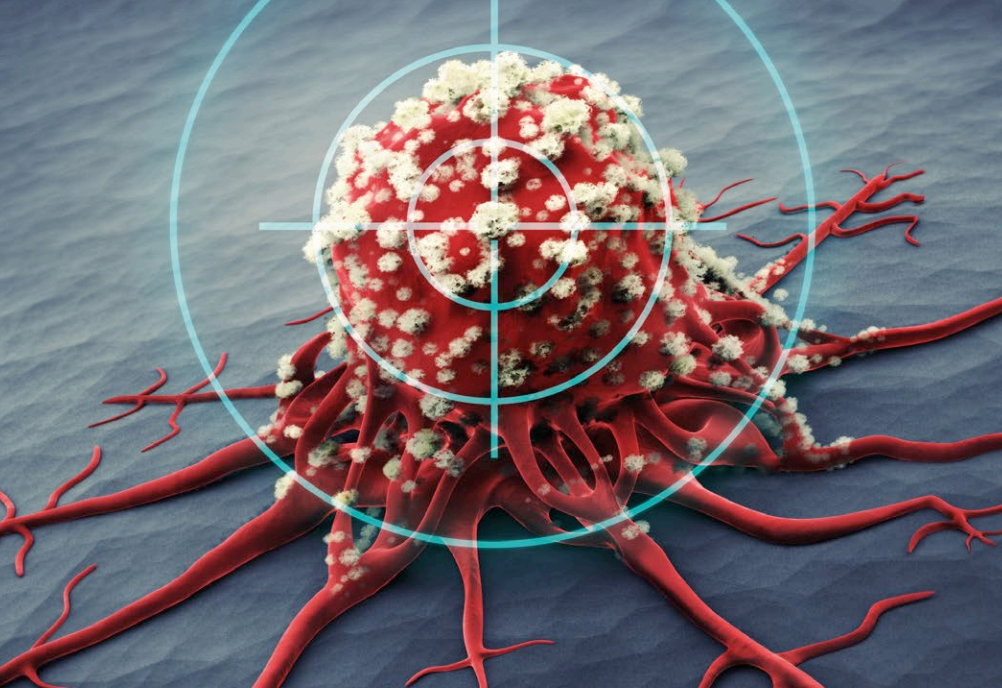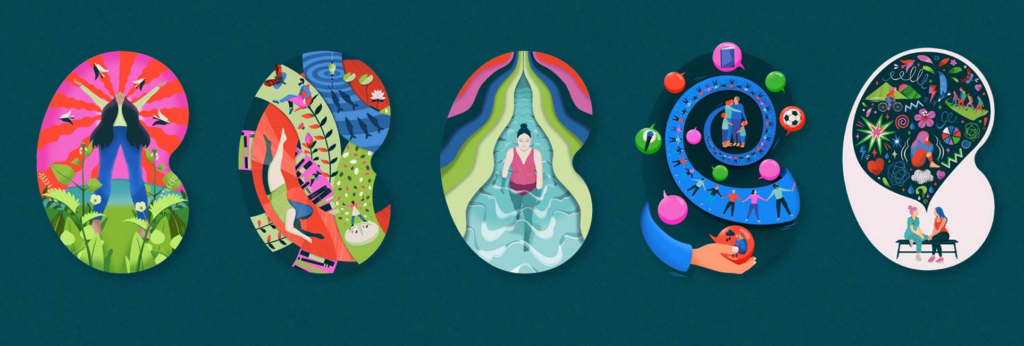Share this Page:
The incidence of renal cell carcinoma (RCC) is rising globally, thereby increasing the burden on individual patients and their families, and healthcare systems. Little is known about the variations in patient experience and best practices among countries. This poster presentation reports on the second biennial worldwide Global Patient Survey on the diagnosis, management, and burden of RCC by the International Kidney Cancer Coalition (IKCC).
The aim of the survey was to improve understanding and contribute to reducing the burden of kidney cancer around the world. Patients and caregivers completed a 35-question survey on diagnosis, management, and burden of RCC to identify differences between countries with respect to: patient education, experience and awareness, access to care and clinical trials, best practices, quality of life, and unmet psychosocial needs. The survey was distributed in 13 languages via IKCC’s 46 Affiliate Organisations and social media.
Just over 2,000 responses came from 41 countries. Survey results were analysed independently, and the full global report is available on the IKCC website.
Regarding cancer survival, 42% of patients reported that the likelihood of surviving their cancer beyond 5 years was not explained. Just over half (51%) reported that they were involved as much as they wanted to be in developing their treatment plan, but 56% experienced barriers to their treatment. For 41%, cancer clinical trials were not discussed with them, and only 31% were invited to take part in a clinical trial.
In terms of general and mental health, 45% of patients reported that they were not active enough, and half (50%) ‘very often’ or ‘always’ experienced disease-related anxiety. In a quarter of patients (26%), financial issues ‘very often’ or ‘always’ resulted in stress. More than half of patients (55%) ‘very often’ or ‘always’ experienced fear of recurrence and 52% talked to their doctor/healthcare professional about their concerns.
Nearly half (48%) had been offered a biopsy in the past with only 3% refusing; 47% would be willing to undergo biopsy in the future. Patients aged 65 and older experienced more barriers to quality care, understood their disease less well, and waited longer for a diagnosis.
The IKCC and its global affiliates will be using these results to ensure that patients’ voices are heard. Actionable points will suggest future projects. Individual countries can use their reports to advance their understanding of patient experiences and to improve local care.













